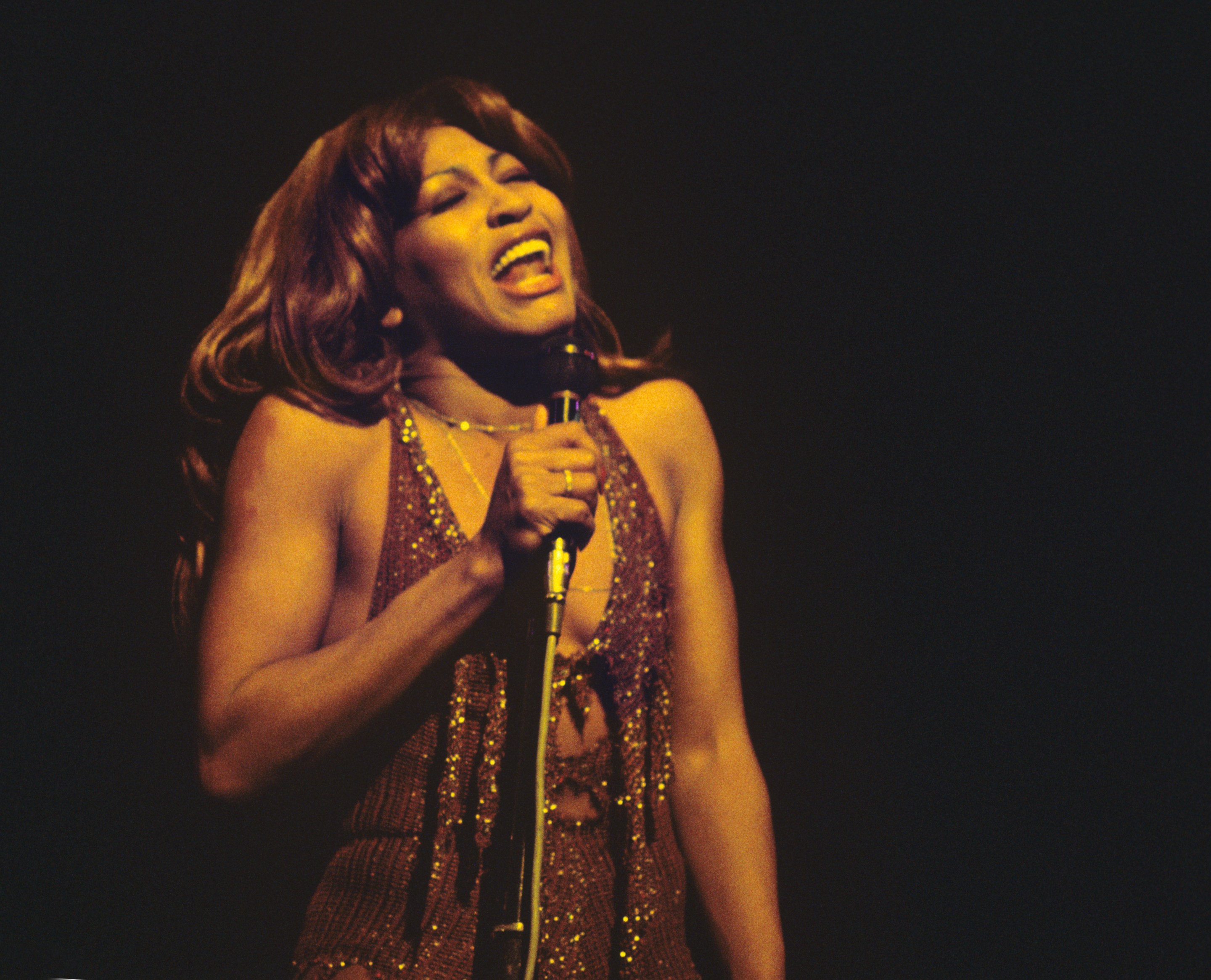It takes less than five minutes into HBO's 2021 documentary on Tina Turner, titled simply Tina, for her to shatter the illusion. In an interview transposed over different clips from throughout her career, she says she wouldn't want to play herself in the story of her life. "It wasn't a good life. It was in some areas, but the goodness did not balance the bad."
The brutal honesty of that assessment deals a serious blow to a lot of rock-star mythmaking and commonly held fantasies about celebrities and survivors of abuse. As a society, we demand from them a performance of strength and grace when they escape horror. They have to inspire others to leave, they have to show the world that you can survive such things, and most importantly, they can't be vindictive or angry or bitter. But Tina Turner did not want to play that role. She wanted to be honest. She wasn't bitter or vindictive, but she also wasn't comfortable reliving her trauma to sate a ravenous media with an appetite for drama and gossip.
Born Anna Mae Bullock, in Nutbush, Tenn., in 1939, Turner died Wednesday in her home in Küsnacht, near Zurich, Switzerland. She is reported to have died peacefully after battling illness. From the moment she debuted, at 17 years old, to her last days on stage, she was a rock star through and through, a moving, shaking, gyrating tornado with a voice that was booming, hoarse, and electric.
Tina has always credited her discovery of her true ability as a singer to the (notoriously arduous) recording of "River Deep – Mountain High" with Phil Spector, and you can certainly hear it on that song. There's a real understanding of how great and powerful her voice is, or can be, as she stretches it to its very limits. She bridges any divide between R&B and rock and pop music on the record, which is partially why people didn't know what to make of it in 1966. But there's an intoxicating confidence and a natural swagger on there can't be refused. Even as her hits mellowed and became softer by the 1980s, her voice kept that sultry screech, and she never lost her dynamic stage presence. She was an unquestionable star. She stole the spotlight wherever she went, no matter who she was with, she gave Mick Jagger many of his moves, and she was great in that one Mad Max sequel.
She became Tina Turner in 1958, when Ike Turner changed her name to create the Ike and Tina Turner Revue, which toured across the world in the '60s and recorded hit songs like "Proud Mary." There's no getting around Ike when talking about Tina's story, a fact that probably influenced so much of Tina's frustration about her life and career. The story of her abuse and exploitation at his hand is not only pop-culture lore, it was immortalized by Angela Bassett and Laurence Fishburne in the movie What's Love Got to Do with It. In the documentary, Tina talks about the decision to greenlight the movie—based on an autobiography written with Kurt Loder—as a way to tell the story once, so she never had to do it again. And while it is a very good movie, it probably cemented that abuse as a major part of her legacy, to the extent that "Ike and Tina" became the go-to comparison for any story of celebrity abuse, particularly in music. It was the thing Tina always had to talk about in just about every interview, and she HATED it just about every time.
Violence was all over Tina's developmental years, from the violence she witnessed between her parents, to her abandonment by both of them over time, to her life with Ike. It was only a newfound Buddhist faith in the 1970s that gave her the power to eventually stand up to Ike and leave him after years of terror and multiple suicide attempts. Her comeback in the '80s was seen as one of the great triumphs of talent and fortitude—that she was able to become a bigger star in her 40s than she'd ever been before, after all that she'd been through. But it didn't erase any of the trauma she endured, and it certainly didn't make it any easier to constantly revisit that pain. When our most famous and successful don't act grateful for everything it tends to engender resentment. The success narratives built around artists like Michael and Janet Jackson or Whitney Houston almost ascribe their talent to the abuses they suffered, as though the ends justify the means, or that the two are even correlated.
But life is messy and ugly and unfair, and money and fame don't magically erase it or make it easier. In the Tina documentary, she's unabashedly open about how it felt to be abandoned by both of her parents, how afraid of Ike she was and how violent he had been, how much of her life she spent never being loved or truly cared for by anyone, and how badly it all made her feel. It's not that people are monsters on purpose, it's just that we are desperate for role models and reasons to believe in happiness. We are desperate for real-life fairy tales. Tina's story probably helped scores of women leave their abusive partners. She did represent a light at the end of many dark tunnels. But she also couldn't pretend that the scars don't linger, that the nightmares don't persist. It was part of what made her so bold and so authentic.
She did eventually find a proper love story, got married again in 2013 to her longtime partner, Erwin Bach, and lived comfortably in Switzerland for the latter part of her life. But the good stuff never outweighed the bad, and it mattered to her that we all knew that. May she find her peace now and forever.





